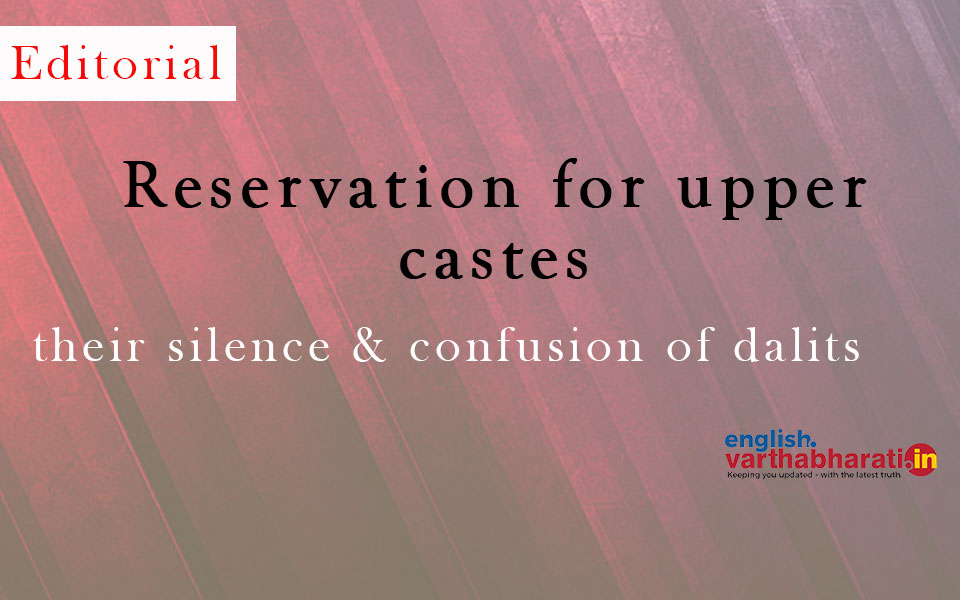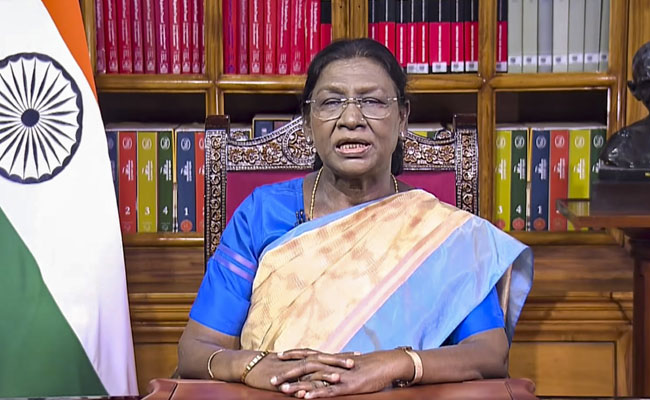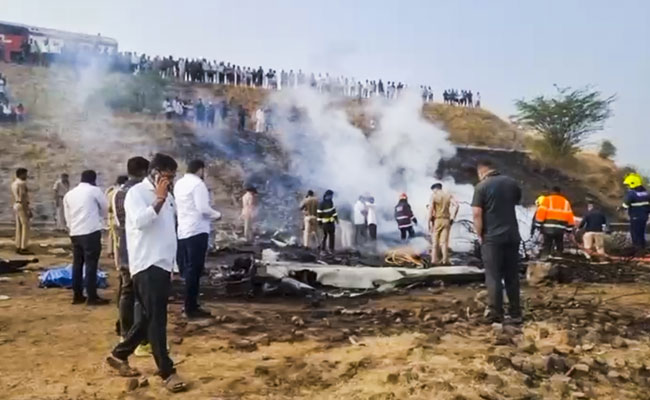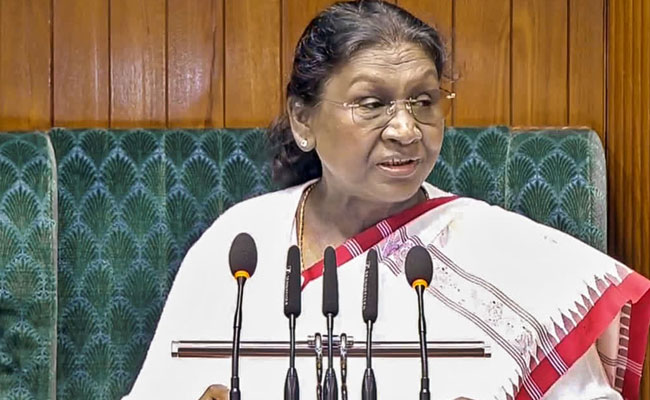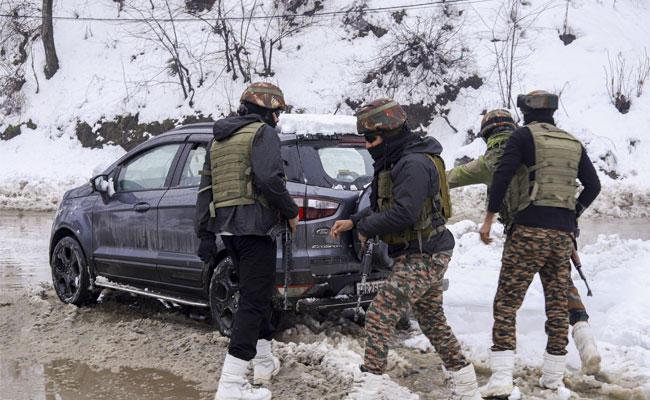Reservation is not a low hanging fruit for the exploited in this country. It has a history of centuries of fighting for this, and the sacrifice people like Ambedkar had to make for this to materialize. Now even with reservation, the dalits and other lower castes are still in miserable state in India, one can only imagine what would have been their fate if reservation had not been provided.
Even when the country became free, the power would have merely remained in the hands of upper castes. Reservation was made part of the constitution owing to foresightedness and sense of social justice of Nalwadi Krishnaraja Wodeyar and Shahu Maharaj, and constant fight staged by the lower castes.
Ironically, the 10% reservation that has been incorporated into legal framework of the country, to the upper caste does not have any background as such. No government has come forward to give a true picture of upper caste or Brahmin youths and the state of penury they have been living in, like the Sachar report spoke about the miserable condition that Muslims are living in this country.
In the recent past, even Mayawati had offered reservation to upper caste Brahmins and she was joined by many Congress senior leaders as well. But these promises did not have any other reason. No government has the guts to show the true story of poverty faced by the people of the country. Her assurance to upper caste youths is nothing more than a political farce played against them.
In the recent past, many people were denied food grains because they didn’t have Aadhar card. This had created a situation of the poor being forced to die of starvation in the country. Not a single dead person among these, belonged to upper caste. All those who died belong to lower castes. When one considers the data of malnutrition, it reveals that lower caste, shudra, muslims and others are in majority.
Though it has been more than 50 years, the people from this communities are not able to make a headway into education sector. For that matter, other castes have not been able to tread even half the distance traded by people from other castes did in job sector.
All those people who have been represented in the union cabinet are from upper caste. They have strong political presence. So when the government proposes to offer 10% reservation to the upper caste, what would be the basis and what is the need for a hurried passing of the bill? This must be the only bill in the history of this country that was passed without even much deliberation in both houses in four days and even reached the President’s table for his concurrence.
The whole purpose of this 10% reservation bill is to turn the aim of reservation offered by Ambedkar, upside down. With this bill, the government has created an impression in people’s mind that reservation is for economic upliftment. This 10% may not help the upper caste much, but will deal a massive blow to other marginalized communities which would move into regression mode.
As per a report submitted by Centre for Monitoring Economy, the job market in India is very discouraging. The rate of unemployment by December 2018 was at 7.4% which is the highest in the last 15 months. Secondly, about 1.1 crore people who have lost jobs in 2017-18 have been added to this number. Rural distress with agrarian crisis is the worse, with people losing about 82% jobs and most of this brunt is borne by women.
According to another report brought out by ILO or International Labour Organisation, about 80% of the jobs in India are considered to be tentative with no job security. Only 20% of the employees are on regular payrolls and another 40% are earing way lesser than the norm. Recruitment for vacancies within the government are at snail’s pace. More than one third of the backlogs that lie vacant belong to reserved category. Most of the unorganized and informal sector that created many jobs are worst hit by GST and demonetization and are yet to emerge from the shock.
At a time like this, the government threw caution to wind where the Supreme Court had clearly said the overall reservation should not cross 50%. The government has announced this 10% reservation with the hope of finding more allies for elections and increase its voteshare. This may also help the government find some lost ground in 5 hindi belt states, back.
This economic reservation must be the biggest of all jumlas that is harmful to the maximum extent too to the country. People from lower castes and economic background, should raise their voice against this. Not just the economically poor, but the socially marginalized communities must come together to oppose this. Irony is all those organisations that would dissent against such proposals have maintained strategic silence. The exploited community is confused about the next move since representing leaders like Mayawati and Paswan are in support of this. Their move seems more dangerous at the moment, than Modi’s strategies are to the country.
Let the Truth be known. If you read VB and like VB, please be a VB Supporter and Help us deliver the Truth to one and all.
New Delhi (PTI): President Droupadi Murmu on Wednesday said the world saw the valour of Indian armed forces through Operation Sindoor when they destroyed terror camps on the strength of their own resources and asserted that any terror act will be responded with decisive action.
"India has proved that power can be used with responsibility and wisdom. The world has seen the valour and courage of Indian armed forces through Operation Sindoor," Murmu said in her address to both Houses of Parliament, marking the beginning of the Budget Session.
"Our nation, on the strength of our own resources, destroyed terror camps. My government sent a message that any act of terror will be responded to with resolute and decisive action," the President said, amid thumping of desks by Prime Minister Narendra Modi and other parliamentarians.
Murmu said the suspension of the Indus Water Treaty was part of India's fight against terror.
"We are also working on Mission Sudarshan Chakra to further strengthen national security," the President said, adding that security forces have also taken decisive action against Maoist terror.
Following Operation Sindoor, she said, the trust on Indian defence platforms has increased.
Murmu further said her government was committed to social justice in the country.
In the third term of the government, she said, work is being done to further empower the poor, and social security benefits are available to nearly 95 crore citizens now.
"My government is committed to true social justice," she said, adding that 25 crore Indians moved out of poverty in the last 10 years.
The President also said the government has been successful in tackling corruption and scams, and ensuring proper use of public funds.
"For India, the end of the first 25 years of this century has been filled with several successes, proud achievements and extraordinary experiences. In the last 10-11 years, India has strengthened its foundation in every sector," she said.
Lauding India's celebration of the 350th martyrdom day of the ninth Sikh guru, Guru Tegh Bahadur, and the country's tribute to revered tribal leader and freedom fighter Birsa Munda on his 150th birth anniversary, Murmu said, "when the country remembers the contribution of its ancestors, the new generation gets inspiration, which further speeds up our journey towards Viksit Bharat (Developed India)."
"The country celebrated the 350th Shaheedi Diwas of Sri Guru Tegh Bahadur Ji. During the 150th birth anniversary of Birsa Munda, the entire country paid him tribute and remembered his contribution to the tribal community," the President said.
"The events related to the 150th birth anniversary of Sardar Vallabhbhai Patel further strengthened the sense of Ek Bharat, Shresht Bharat (One India, Best India). The entire country became witness to how Bharat Ratna Bhupen Hazarika's birth anniversary celebrations filled the country with music and a sense of unity," Murmu said.
The President's mention of the Viksit Bharat – Guarantee for Rozgar and Ajeevika Mission (Gramin) (VB-G RAM G) scheme was met with loud protests from the Opposition benches.
Murmu said the VB-G RAM G initiative would provide guarantee for 125 days of work, would stop corruption and leakages, and provide a new impetus to rural development.
The Opposition members raised slogans demanding its rollback, even as the treasury benches thumped their desk in support of the scheme.
The President had to take a brief pause amid opposition cries of "vapas lo" (roll back) against the Act that replaced the Mahatma Gandhi National Rural Employment Guarantee Act (MGNREGA).
The Opposition parties have been demanding withdrawal of the VB-G RAM G Act and restoration of MGNREGA as a rights-based law in its original form, the right to work and the authority of panchayats.
The government has, meanwhile, claimed that the new Act will further strengthen the guarantee for rural employment.

